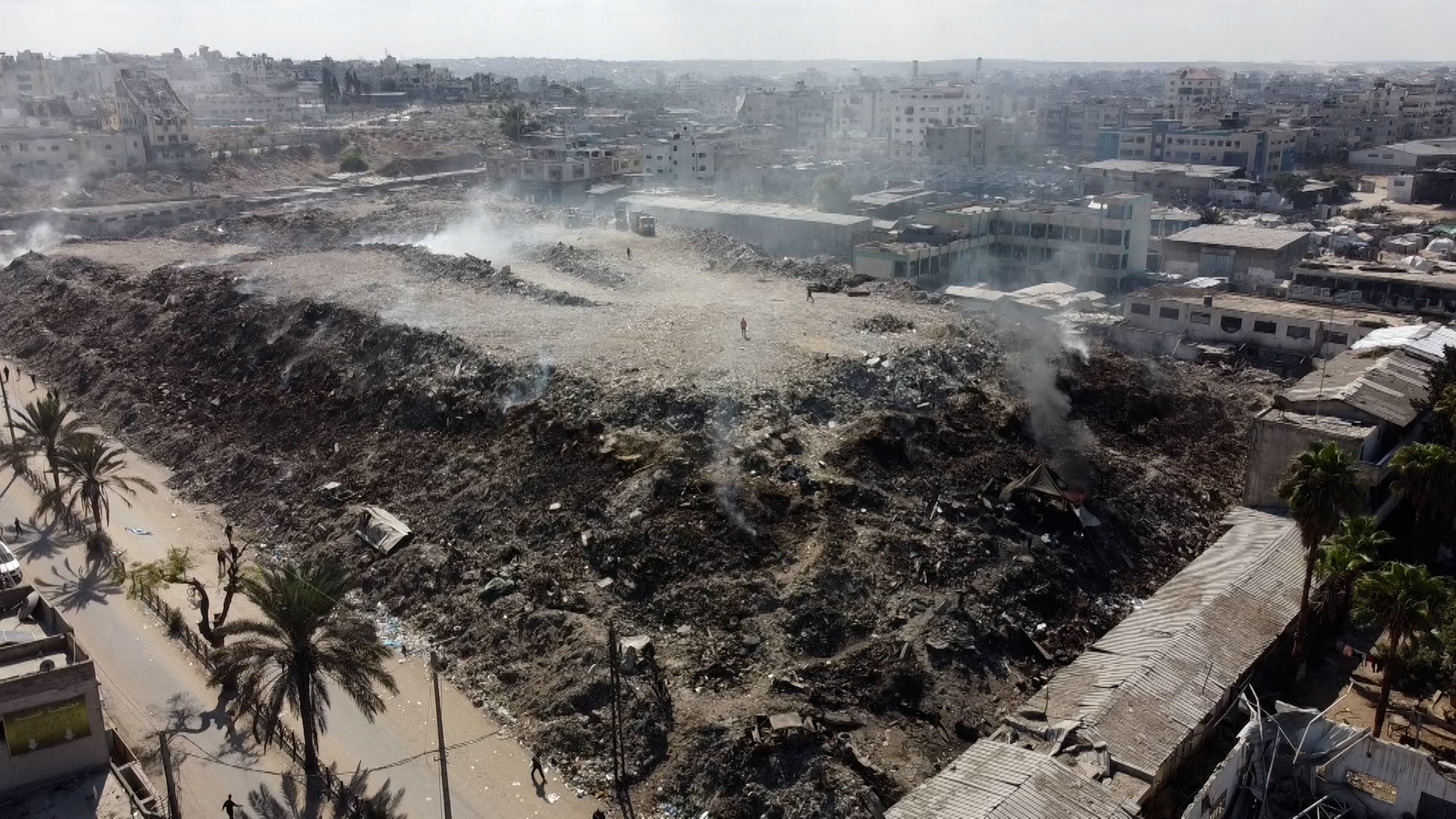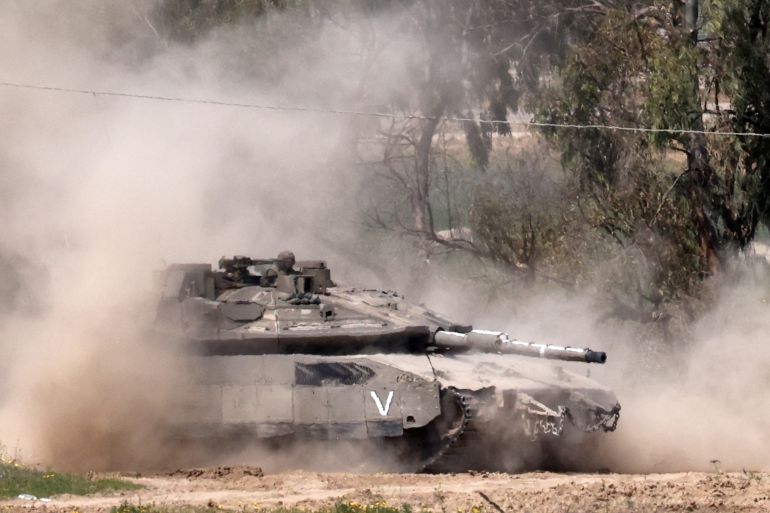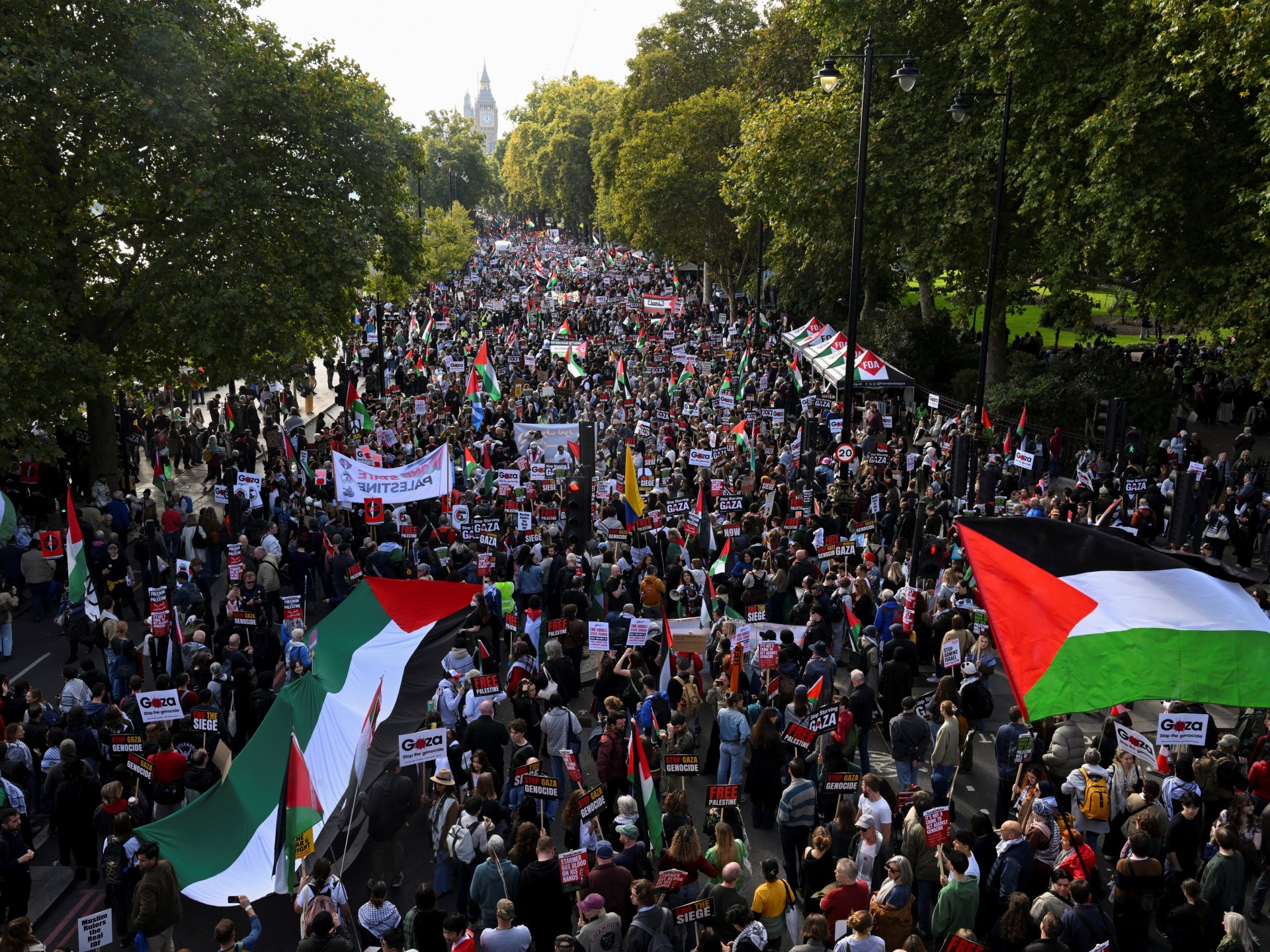There are two conversations unfolding in the wake of the latest ceasefire, which has brought a fragile pause to the carnage in Gaza – one quiet, pragmatic, and regional, the other, loud, moral, and global. The first takes place behind closed doors, among diplomats, intelligence services and political veterans of the Middle East. The second fills our timelines, animated by outrage and solidarity – the only decent human response to horror. The first is sketching a new map of power, as the second speaks of betrayal and mistrust.
If one listens carefully, a striking conclusion emerges from regional capitals: the war in Gaza is over – not only militarily, but as a political paradigm. In the eyes of those who manage statecraft, the agreement marks a point of no return. What is unfolding is not a truce, it is a reordering. Gaza’s catastrophe has triggered a recalibration that will ripple far beyond its borders, reaching deep into Israel, reshaping Palestinian politics, and redefining what regional stability will mean for years to come.
In this new calculus, Hamas – and indeed the entire project of political Islam, alongside most non-state actors – faces exclusion from formal politics. The ruling classes of the region, newly aligned around the pursuit of stability, commerce and controlled modernisation, now regard such movements as relics of the past and as agents of chaos. A growing consensus holds that all such actors must be contained or eradicated.
The same logic of control will extend to the West Bank – simply because the emerging regional order prizes governability above all else. The Arab plan is that Arab states, joined by select Islamic and international powers, will step in to place the West Bank under temporary supervision – administrative, financial, and security-based – paving the way for a managed transition.
The Palestinian Authority will be offered what may be its final opportunity to reform – a process that will be overseen by a team of independent technocrats tasked with restructuring institutions, governing Gaza, and preparing the ground for elections. Should the Palestinian Authority resist this restructuring, it risks isolation and insolvency.
Many will see this as an attempt not at reform but at co-option – certainly the logic of those driving this process is not democratic idealism. They seek to secure the Palestinian street through a leadership that can both contain discontent and negotiate in predictable terms. Palestinians do not have monarchs or dynasties, and in the absence of such structures, the ballot box remains the only viable tool to sustain internal legitimacy, even if born out of external calculation.
The Palestine Liberation Organization, long hollowed out, may soon stand as little more than a symbolic umbrella, a ceremonial home for the parties of “liberation”. In the emerging regional order, it risks being seen as a structure that has outlived its political moment, its struggle reduced to declarations, appeals, and the pursuit of donor funds. Keeping in mind the new order, those who want to maintain their political relevance must resurrect as civilian parties withholding their revolutionary ethos.
What many in policy circles now view as inevitable has its origins in these conditions. It is a vision that few people openly describe, but it is quietly being welcomed with growing confidence from Riyadh to key Western cities in Amman and Cairo.
The divide is here, though. Many people around the world are offended by what they perceive as cynical calculation and co-option, a rearrangement of power that lacks justice, accountability, or honest vision, while insiders speak in the language of systems, supervision, and “order.” These maneuvers are seen by activists and solidarity movements as betrayal rather than reordering. They have no faith in Israel or the United States, nor do they trust regional governments’ apparent self-interest in money and power. They are suspicious, too.
There must be room for realism, not the realism of resignation, but of awareness, between naivete and cynicism. The development of a new structure that will define what justice can or cannot accomplish is what is happening right now. It forfeits its authority once more if it is ignored.
The definition of the conflict has been altered by the Gaza earthquake. Despite its brutality, Israel’s position is no longer absolute. Regional politics are changing. The new order is being written, and actors who want to continue acting must learn its language. Otherwise, they run the risk of being forgotten as only their inability to adapt to the world as it rebuilt itself in front of their eyes.
In my opinion, both realities, the pragmatic and the moral, are currently intertwining, clashing, and progressing in harmony. On the other hand, Israel’s unwavering expansionist project continues to undermine and undermine any emerging frameworks of order, justice, or peace. The other, as defined by regional powers’ transactional calculations, was in part tethered to and having an impact on the United States.
The collision of these currents is likely to cause turbulence in the near future. However, in the long run, it is difficult to imagine how the regional pragmatists will not ultimately prevail, perhaps sooner than expected, because Washington’s attention will always be forced to shift to China and Russia and as Western public opinion will always be decisively opposed to Israel’s impunity and the colonial logic underpinning it.
Solidarity movements will continue to appear in the register of values that still call for justice in an era of convenience, including those of rights, memory, and morality. Their voice is still a necessity because the conscience is what politics frequently forgets. The history’s arc must be pulled by those who reject amnesia and who don’t sacrifice values for comfort because it won’t always come to justice on its own.
The work is already in progress for diaspora Palestinians and the international public, which is unmistakable. They must resist the lulling comfort of apprehension-boosting gestures like recognitions, resolutions, and reconstruction promises that will undoubtedly increase. Accept these with grace, but don’t mistake them for transformation.
The drive for real-world changes as well as accountability-focused efforts must continue. The genocide’s perpetrators in Gaza must one day appear before the court, not out of revenge, but to give justice its own meaning. Only with such perseverance can conscience remain a political force, and the struggle for equality, truth, and dignity continues to shape the moral outlook of our time as well as the fate of our people.
The other, more challenging task is the one that is frequently overlooked: establishing new political leadership on the ground. A gap exists now that is real, uncertain, and narrow. Although it’s not easy to enter, it’s a serious one.
The generation that comes after must comprehend that speaking on the sidelines, protesting, or commenting. No one will respond with an invitation to lead; instead, they must take the initiative, clarity, and organization work to claim that space.
Those who want a new kind of leadership must engage directly in policy formulation and funding as Palestinians return to political ground zero.
Palestinians can reclaim their voice in this new chapter only with the development of new political forces and a language that can speak both to the street and the halls of power.





